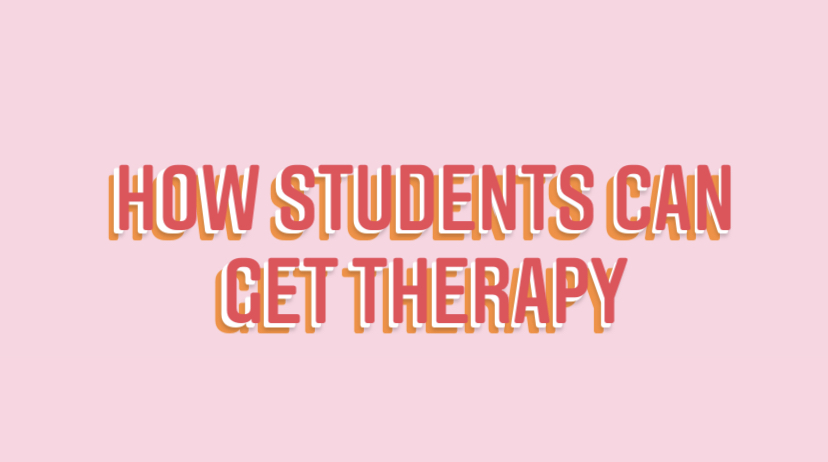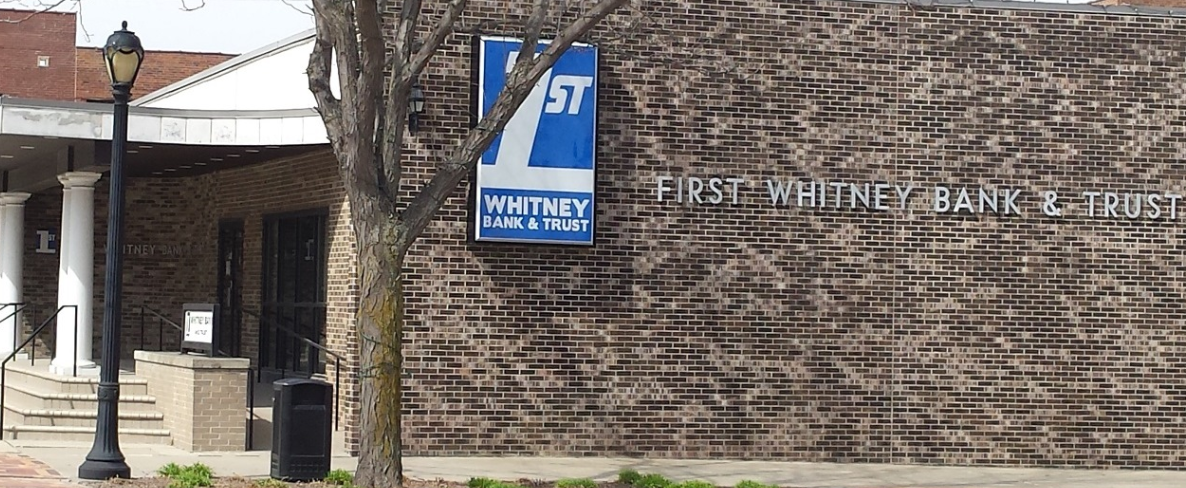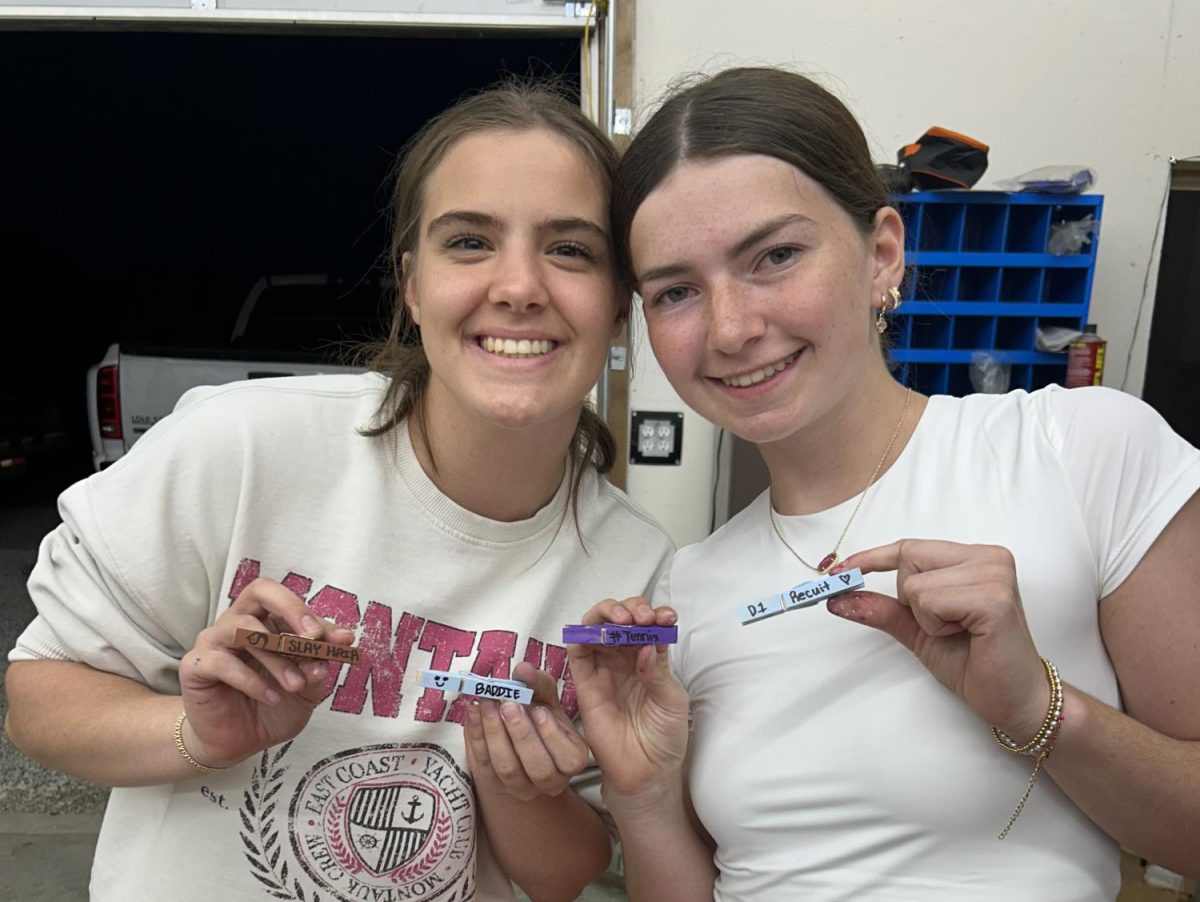Mental Decline – How Students Can Get Therapy
Students seeking therapy can set aside time to talk to the guidance office in order to be pushed in the right direction.
Students seeking the first steps into getting therapy can approach guidance counselors Sarah Rose and Alyssa Dovenspike. People can also do online research from sites such as Psychology Today in order to find nearby insurance-covered therapists that best suit them.
October 17, 2020
Mental health conditions impact one in five children aged 13-18 according to the Iowa Department of Education. From this statistic, “Approximately 50% of students age 14 and older with a mental illness dropout of high school.” Students who seek therapy often quit ahead of time due to cost issues, fear of others finding out, and otherwise demotivation towards making the steps required to get help. The afflicted often have issues coping with life’s stresses, which can lead to the inability to function efficiently. Such issues can cause students to miss school or fail to do their homework due to a lack of motivation to continue or do anything.
Students seeking the first steps into getting therapy can approach guidance counselors Sarah Rose and Alyssa Dovenspike. People can also do online research from sites such as Psychology Today in order to find nearby insurance-covered therapists that best suit them. “It’s definitely a very daunting process,” Dovenspike said. Often the price may deter a student from wanting to participate in therapy. However, most insurances tend to cover the cost of sessions (sometimes with a $10 co-pay.) If insurance is not an option, most places have a “sliding-scale” price-range that varies depending on family income and other factors. Students who still can’t find the motivation to make the first few steps are recommended by Dovenspike to “Think about the people that are in your life that you care about.” She says that by asking people who are supportive of you, it becomes easier to be pushed into making healthy choices.
In Atlantic, clinics such as Full Circle Therapy (for all ages and relationships,) Lutheran Services of Iowa (primarily for children that suffer from an ACE event,) Southwest Iowa Mental Health Center (psychiatry focused with family therapy sessions,) Therapy Place, Inc. (run by nurse practitioners that offer state-funded psychotherapy,) and Zion Recovery Service (primarily for substance abusers) are all options for students to choose from. By using Psychology Today, students can find out if their insurance will cover the cost of specific clinics/therapists and find nearby locations to attend. The school is working on possibly introducing a new program that will allow students an easier and quicker access to a therapist in the building.
The Centers for Disease Control and Prevention’s Violence Prevention section offers insight into reasons for student’s depression. One of the largest causes is from ACE (Adverse Childhood Experiences). From abuse and neglect to witnessing violence and other traumatic events during childhood, ACE influences a massive number of mental health issues today (with 61% of people reporting having experienced at least once ACE event). People who are involved in minorities have an even higher risk of suffering from a mental disease. The site states, “These experiences can increase the risks of injury, sexually transmitted infections, maternal and child health problems, teen pregnancy, involvement in sexy trafficking, and a wide range of chronic diseases and leading causes of death such as cancer, diabetes, heart disease, and suicide.”
If students are still reluctant to seek therapy for any reason, it is highly suggested that they focus on achieving self care and healthy coping skills. Healthy coping skills that get the “negativity out of your body” such as eating with family, playing with animals, and proper hygiene can improve someone’s mental state dramatically. Dovenspike recommends students to take a weekend every month to focus on themselves. “Something you can do to take care of yourself.” By practicing healthy habits, a healthy mindset should follow.
If you are in need of assistance, the following hotlines are available.
Suicide Prevention: 800-273-8255
Self Harm: 877-455-0628
Depression: 888-640-5174
Drug/Alcohol Abuse: 877-235-4525
Sexuality: 800-246-7743
Abuse: 800-799-7233
Bullying: 800-420-1479











